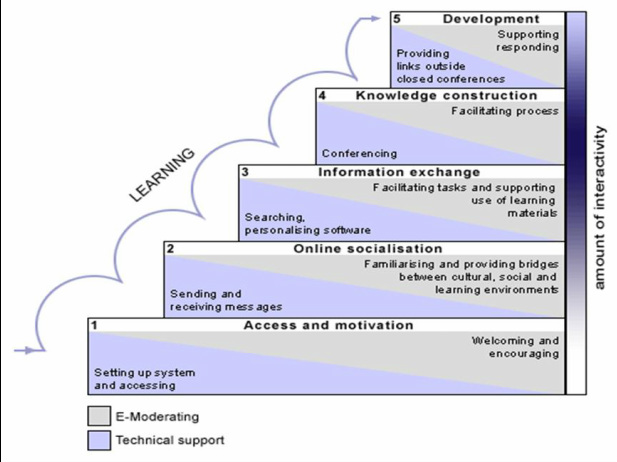Learning Design
4. Learning Design@Weltec
4.2. ADELIE & CARPE DIEM
Salmon, Jones and Armellini (2008, p.2) at the University of Leicester, U.K. describe the implementation of a “new e-learning and pedagogical innovation strategy ” based on a resource definition of change which looks at the institution’s “core capabilities and existing strengths”. The strategy looks at building the existing skill base as well as outreach and extension. Based on Laurillard (2007), it is pedagogically rather than technology led and uses an initial workshop approach called CARPE DIEM designed to encourage small teams to work together on e-learning design using pedagogical experts, a subject librarian, a learning technologist and subject specialists. UoL used storyboarding, team working, scaffolding, and other tasks in a process supported by the whole institution. CARPE DIEM was part of a larger project called ADELIE (Advanced Design for E-Learning Institutional Embedding) which featured other workshops, share sessions and seminars. During the CARPE DIEM workshops no computers were used until the storyboarding was agreed on and Salmon’s 5 stage model was integrated into the design development.

Table two: The Five Stage Model Salmon, (n.d.)
This approach was deemed successful via a survey which indicates increases in two project criteria: “instructional design/pedagogy” and “learning materials”. However, some academics subsequently changed the courses when they discovered that they had failed to account for their own and student time.